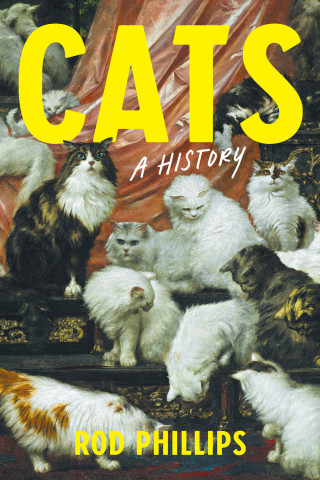
Johns Hopkins UniversityEst. 1876
America’s First Research University

Minority Report
H. L. Mencken
With a style that combined biting sarcasm with the "language of the free lunch counter," Henry Louis Mencken shook politics and politicians for nearly half a century. Now, fifty years after Mencken’s death, the Johns Hopkins University Press announces The Buncombe Collection, newly packaged editions of nine Mencken classics: Happy Days, Heathen Days, Newspaper Days, Prejudices, Treatise on the Gods, On Politics, Thirty-Five Years of Newspaper Work, Minority Report, and A Second Mencken Chrestomathy.
With a style that combined biting sarcasm with the "language of the free lunch counter," Henry...
With a style that combined biting sarcasm with the "language of the free lunch counter," Henry Louis Mencken shook politics and politicians for nearly half a century. Now, fifty years after Mencken’s death, the Johns Hopkins University Press announces The Buncombe Collection, newly packaged editions of nine Mencken classics: Happy Days, Heathen Days, Newspaper Days, Prejudices, Treatise on the Gods, On Politics, Thirty-Five Years of Newspaper Work, Minority Report, and A Second Mencken Chrestomathy.
With a style that combined biting sarcasm with the "language of the free lunch counter," Henry Louis Mencken shook politics and politicians for nearly half a century. Now, fifty years after Mencken’s death, the Johns Hopkins University Press announces The Buncombe Collection, newly packaged editions of nine Mencken classics: Happy Days, Heathen Days, Newspaper Days, Prejudices, Treatise on the Gods, On Politics, Thirty-Five Years of Newspaper Work, Minority Report, and A Second Mencken Chrestomathy.
In 1956, Mencken read through his notebooks and extracted those pieces he thought truest, most pertinent, most precise, or most likely to blow the dust out of a reader's brain.
with Hopkins Press Books






